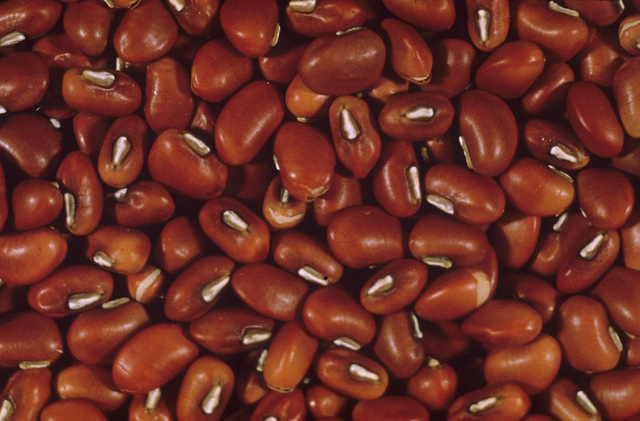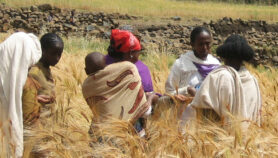By: Hazem Badr
Send to a friend
The details you provide on this page will not be used to send unsolicited email, and will not be sold to a 3rd party. See privacy policy.
Cowpeas can make a suitable substitute for soy in processed meat to address consumer fears around soybean products, an Egyptian research centre has found.
The Egyptian Agricultural Research Centre has produced a burger made with cooked cowpea, which will be offered at food outlets managed by the country’s agriculture ministry this month. The burger is meant to offer an alternative to consumers who have become wary of soy content in meat products, after rumours spread in the country around soy’s influence on sexual health in men.
Ayat Ibrahim, a member of the research team, says cowpea works as a substitute for soybean, as it is rich in antioxidants and proteins, and is already well known in Egypt.
In their study, the team showed that burgers made with cowpeas and meat were lower in fats and calories than pure meat burgers, while maintaining the texture and flavours that customers liked. When the burger was made up with 60 per cent of cowpeas, the researchers found an optimal balance between animal and vegetable protein, whilst delivering a product that cost 16 per cent less than full-meat burgers.
“This product may become the preferred option for vegetarians, if fully manufactured from cowpea, and non-vegetarians who suffer from health problems,” said Alaa Hasab-Allah, a marketing officer for the product, adding that it could help patients with diabetes and heart disease.
Soy, the traditional additive in meat products, has fallen from grace in Egypt after unconfirmed reports that it affects sexual performance and fertility in men. The country grows around 7,000 tons of cowpeas a year, but the research team involved in the study hopes that this will increase as demand for cowpea burgers rises.
Cowpeas are consumed as part of the stable diet in many North African and Middle Eastern countries, according to Fatima Hachem, a consumer protection officer at the UN’s Food and Agriculture Organization. Hachem explains that, mixed with rice or wheat flour to add extra amino acids, the pulse could also become a meat alternative for vegetarians.
“Animal proteins contain all the amino acids needed by the body, whereas grains lack some of the amino acids needed in a healthy diet,” she says. “Therefore, the burger paste for vegetarians should include other grains along with cowpea, such as rice or wheat flour.”
This piece was produced by SciDev.Net’s Middle East & North Africa edition.














